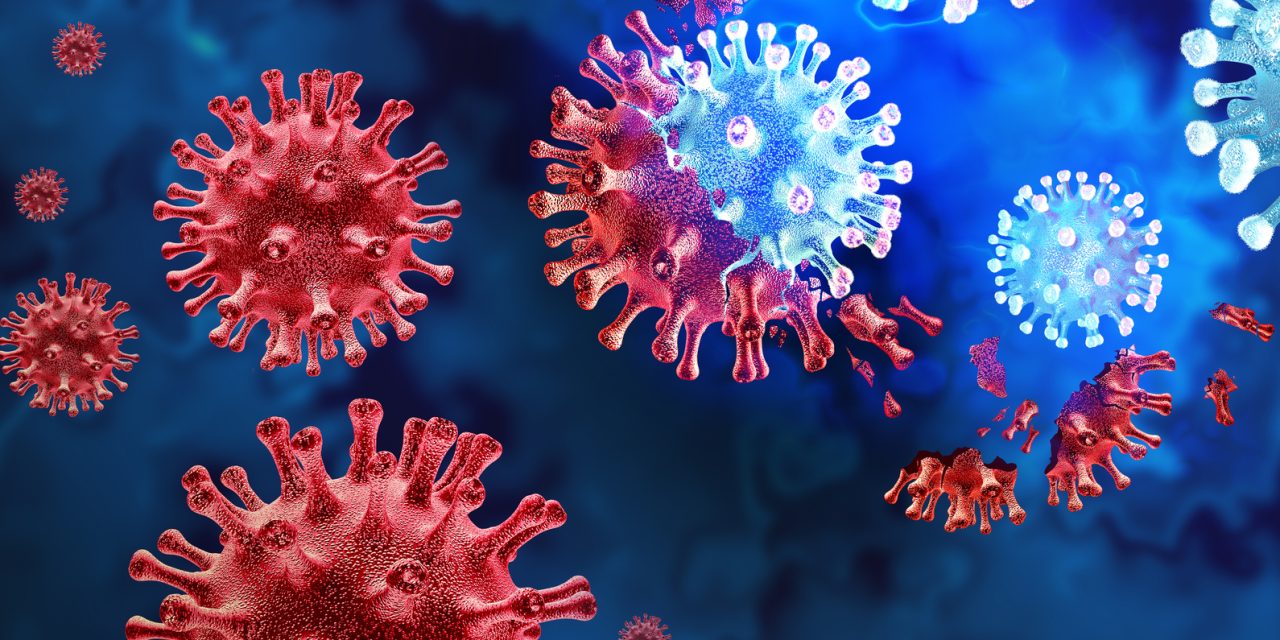Buruli ulcer is an emerging tissue-necrosis infectious disease, caused by the pathogen Mycobacterium ulcerans, leading to permanent deformity if untreated. Despite this debilitating condition, no specific disease-modifying therapeutics or vaccination is available to date. Therefore, we aimed to design an effective multi-epitope vaccine against M. ulcerans using vaccinomics approach. Briefly, the highest antigenic PE-PGRS protein was selected from which the promiscuous T- and B-cell epitopes were predicted. After rigorous assessment, 15 promising T- and B-cell epitopes were selected. The identified T-cell epitopes showed marked interactions towards their HLA-binding alleles and provided 99.8 % world population coverage. Consequently, a vaccine chimera was designed by connecting these epitopes with suitable linkers and LprG adjuvant. The vaccine construct was highly antigenic, immunogenic and non-allergenic; hence, subjected to homology modelling. The molecular docking and dynamics simulation revealed a strong and stable interaction between vaccine and toll-like receptor 2. The binding energy and dissociation constant were -15.3 kcal/mol and 5.9 × 10 M, respectively. The computer-simulated immune responses showed abundance of immunoglobulins, increased interferon-γ production, and macrophages activation which are crucial for immune response against M. ulcerans. Furthermore, disulfide bridging and in silico cloning were also performed. These results suggest that the vaccine, if validated experimentally, will be a promising candidate against M. ulcerans and prevent Buruli ulcer disease.Copyright © 2020 Elsevier Ltd. All rights reserved.
Structural basis and designing of peptide vaccine using PE-PGRS family protein of Mycobacterium ulcerans-An integrated vaccinomics approach.


